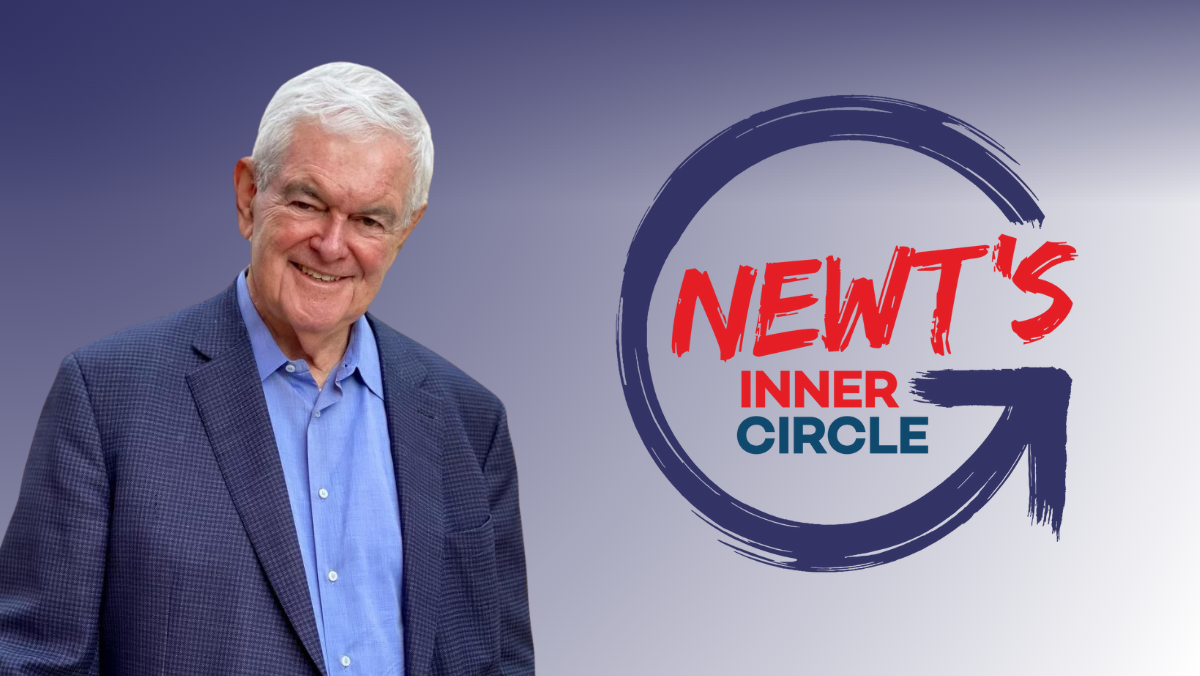It is easy to get caught up in – and stressed out about – the news, elections, wars, economics, and other events.
I find it useful to remember that one of the most decisive events in the history of life on Earth happened 66 million years ago.
A massive asteroid landed in the ocean near the Yucatán Peninsula in what is now Mexico.
This city-sized asteroid was estimated to be somewhere between 6 miles and 9 miles across. It hit with so much energy and speed that it created a crater 120 miles in diameter and 12 miles deep.
Scientists have concluded that the asteroid’s landfall was at one of the worst possible locations for life on our planet.
The impact – the effects of which are still clear on a map of the Yucatán Peninsula – created the maximum worldwide damage. The materials it threw into the atmosphere from such a shallow ocean were ultimately devastating to the atmosphere, plants, and animals.
Sunlight was reduced worldwide, which meant vegetation died. The collapse of vegetation led to the collapse of herbivores, which led to the collapse of carnivores.
If the asteroid had hit in the deeper ocean, the waves would have been enormous. Coastal areas would have been wiped out. But life would have likely continued as it was on much of the planet.
Instead, the disaster ended the triumphant age of the dinosaurs. One day they dominated the Earth – land, air, and sea. The next day, they were dying as their world suddenly changed. Within a short time, the dinosaurs were no more.
As a thought experiment to get my mind off the presidential race, the wars in Ukraine and the Middle East, and all the other reasons to worry, I asked scientists what would have happened if the asteroid had missed.
I was surprised at how many serious scientists had thought about this question and took it quite seriously.
One of my favorite paleontologists is Steve Brusatte. I have talked with him multiple times on my Newt’s World podcast about dinosaurs and the rise of mammals.
In response to my question, Brusatte wrote:
“I’m sure a fairly nice diversity of non-avian dinosaurs would still be here. If there was no sudden, catastrophic shock of the asteroid, I really don’t see anything that’s happened since – whether it was the spread of grasslands; changing ocean currents; the separation of Antarctica from South America, which caused a cold snap; or the more recent Ice Ages – that would have knocked off the dinosaurs.”
As, I began looking around further, it seemed clear that many serious paleontologists thought my question was useful and serious.
Douglas Dixon wrote a book in 1988 called “The New Dinosaurs: An Alternative Evolution.”
Further, Canadian Paleontologist Dale Russell made one of the most interesting attempts at thinking through a dinosaur survival sequence. He proposed that an intelligent “dinosauroid” might have evolved if the asteroid had not ended dinosaur evolution. Russell suggested that the carnivorous dinosaur Troodon had an unusually large brain and might have been the lineage from which higher thinking dinosaurs evolved.
I was encouraged that serious paleontologists – who know far more than I do about the world of the dinosaurs – think it is reasonable to explore the question “what would have happened if the asteroid had missed?”
Dinosaurs were the most successful competitors of their time. An extraordinary range of herbivores were dominant in the Late Cretaceous Period before the asteroid fell, including the long-necked and long-tailed Alamosaurus. The herbivores were joined by their largest successful predators, such as the Tyrannosaurus Rex.
However, dinosaurs were competitive at virtually every level. The sea-going and flying species kept birds and mammals in relatively small niches.
Without some catastrophic killing event, it is likely dinosaurs would have continued to evolve. They would have likely developed more complex social patterns – and more effective methods of organizing, food gathering, and child rearing.
The other competitors, small reptiles, amphibians, birds, and mammals, may have remained smaller, marginal, scattered, and unable to compete directly with the dinosaurs – which would have continued evolving.
This kind of thought experiment is a useful way for me to get away from the problems which seem to threaten us today. I find it helpful to go beyond my normal focus and ask questions which challenge my mind and stretch my brain.
I encourage you to do this as well. Ask yourself interesting “what if” questions about dinosaurs, space travel, technology, or anything else of interest.
If for no other reason, it’s an excuse to briefly stop worrying about war, politics, and the stock market.
For more commentary from Newt Gingrich, visit Gingrich360.com. Also subscribe to the Newt’s World podcast.






